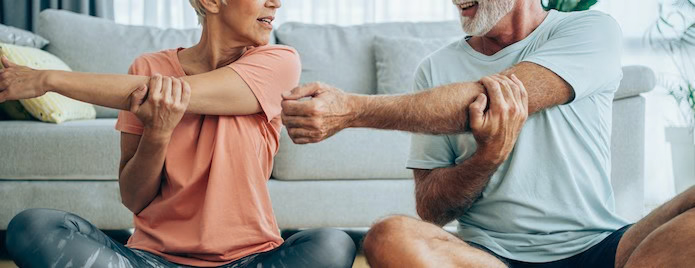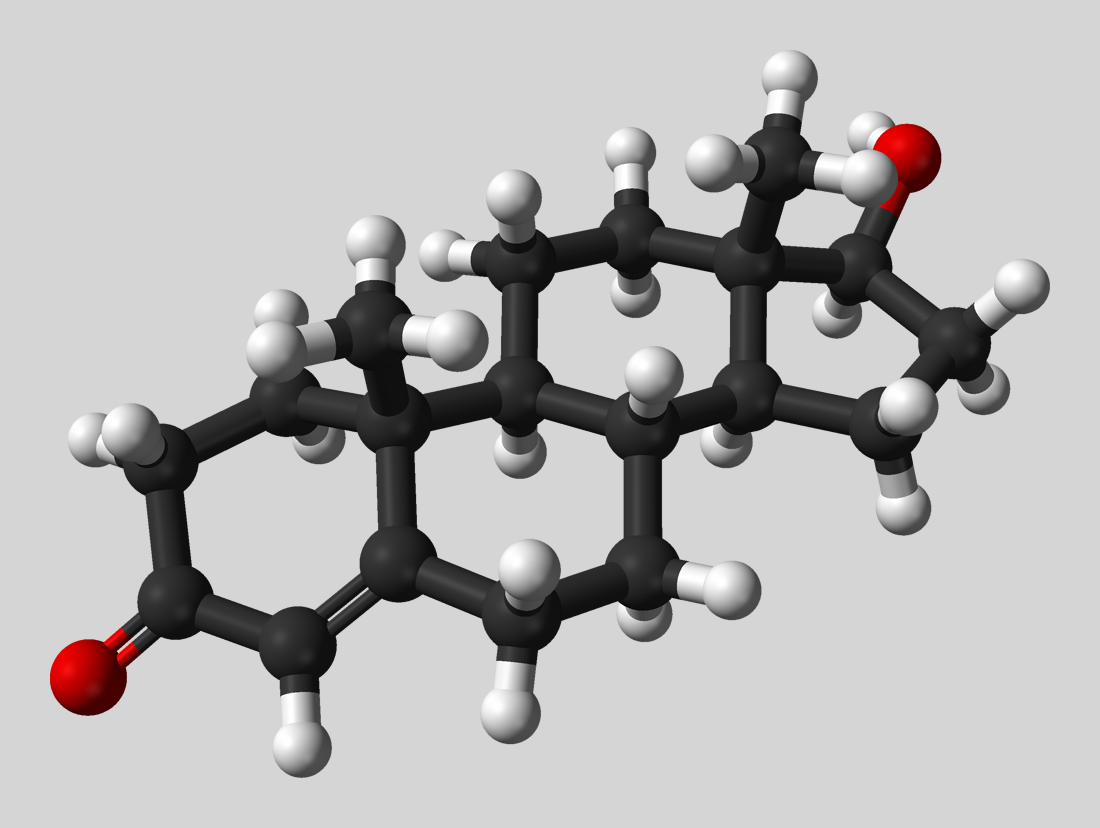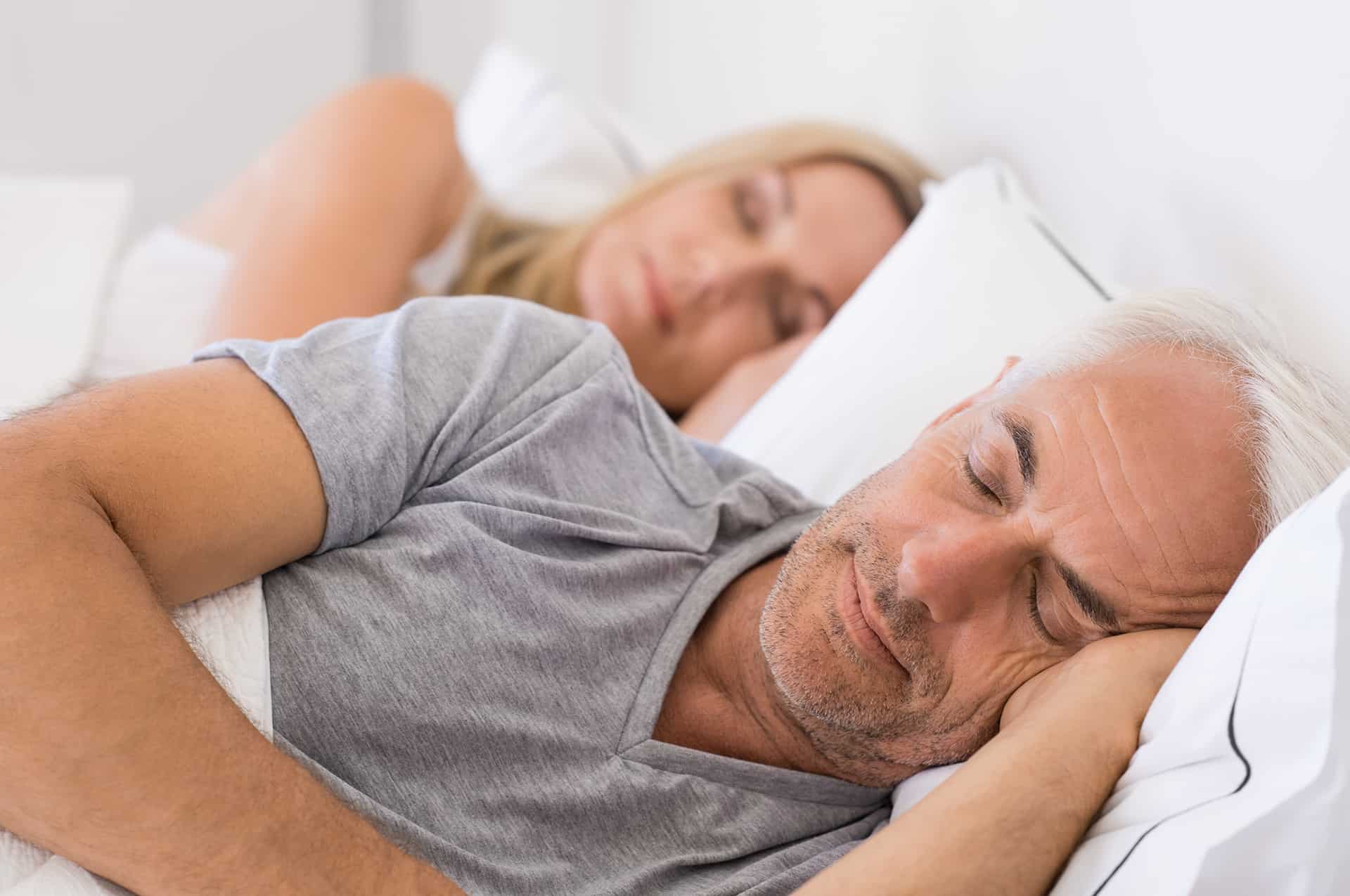Testosterone and muscle go hand-in-hand, but you might not know that testosterone affects your bone health. Here’s the science behind this and why you should care.
Testosterone and your bones
Low levels of testosterone can cause a high turnover of bone. A measure called areal bone density is used to scan for bone density strength and osteoporosis risk. Though having low levels of testosterone isn’t necessarily related to male osteoporosis, having normal testosterone levels can help maintain optimal bone health.
The effectiveness of testosterone therapy to prevent or reverse bone loss is also unclear. In older men who produce little to no testosterone, testosterone therapy prevents the loss of bone mass, however men who only showed age-related declines in testosterone, there were little to no effects on overall bone mass. This underlines the importance of optimizing natural testosterone levels throughout the different life stages in men. (1, 2)
Testosterone and your muscles
The idea that testosterone has a positive effect on muscle growth and repair is not a new one. It’s well established that higher levels of testosterone will cause muscle to grow and get stronger.
Our muscles are made of protein. Testosterone binds to a receptor on the outside of a muscle known as an androgen receptor which in turn sends signals inside the muscle stimulating protein synthesis. Outside of the muscle, testosterone also stimulates the release of growth hormone which can also assist in this process.
In addition to increasing muscle mass, testosterone also prevents fat cells from forming. In fact, in most men who undergo testosterone replacement therapy, muscle mass and strength increase while fat mass simultaneously decreases.
In epidemiological studies of older men, those with lower testosterone concentrations have a reduction in physical function and increased risk of falls, and increased prevalence of obesity and diabetes risk. (3)
Your optimum health takeaway
To maintain physical and mental fitness, we need to be active and move with purpose. A critical component of healthy aging is maintaining or increasing physical fitness. In men, being able to keep testosterone at healthy levels will support optimal bone and muscle. Having healthy testosterone levels at any age means one less thing for men to worry about in their lifelong pursuit of being healthy and happy.
References:
Isidori AM, Giannetta E, Greco EA, Gianfrilli D, Bonifacio V, Isidori A, et al. Effects of testosterone on body composition, bone metabolism and serum lipid profile in middle-aged men: a meta-analysis. Clin Endocrinol (Oxf). 2005;63(3):280-93.
Orwoll E, Lambert LC, Marshall LM, Blank J, Barrett-Connor E, Cauley J, et al. Endogenous testosterone levels, physical performance, and fall risk in older men. Arch Intern Med. 2006;166(19):2124-31.
Page ST, Amory JK, Bowman FD, Anawalt BD, Matsumoto AM, Bremner WJ, et al. Exogenous testosterone (T) alone or with finasteride increases physical performance, grip strength, and lean body mass in older men with low serum T. J Clin Endocrinol Metab. 2005;90(3):1502-10.






